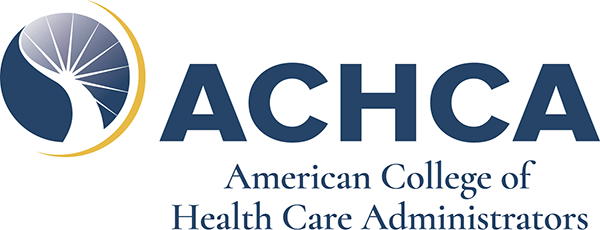What does the new MDS mean for Administrators on 10/1/23?
The industry is buzzing… after pandemic-related delays, CMS finally released the draft Minimum Data Set (MDS) 3.0 version 1.18.11 for implementation on October 1, 2023, with the final version expected to be published before the new year. It’s been widely regarded as the largest change to the MDS in over a decade. With less than one year to prepare, a slew of changes that impact everything from interdisciplinary communication to assessments, and risk to both Medicare and Medicaid revenue, where should you start?
Let’s look at cause and effect. What are the most significant changes in the MDS 3.0 version 1.18.11 and what impact to skilled nursing facility (SNF) operations should administrators expect?
MDS 1.18.11 Change: Addition of new data items to implement Standardized Patient Assessment Data Elements (SPADEs) and source data for two SNF Quality Reporting Program (QRP) measures: Transfer of Health (TOH) information to the Provider and Transfer of Health (TOH) information to the Patient.
Effect: The addition of MDS items to collect TOH measures data and integrate SPADEs will have a significant and layered effect on SNF operations.
Initially, there will be a considerable new workload for the SNF interdisciplinary team to accommodate. Not only will MDS Coordinators need more time to complete the sizable list of new MDS items, but efforts from multiple disciplines will be needed to source new information required to complete the MDS.
Further, there doesn’t appear to be one clearcut process for SNFs to gather information for new items. Administrators should consider, how will information to complete these new items be collected? Who will be responsible to document this information? Are there existing processes that could be utilized to enhance IDT efficiency?
Further, outcomes in SNF QRP will certainly be affected by the additional data set items. New MDS items are expected to be required to meet SNF QRP MDS compliance thresholds; failure to meet thresholds will result in a 2% reduction of Medicare Part A reimbursement for an entire fiscal year.
MDS 1.18.11 Change: Complete elimination of Section G.
Effect: Most administrators should prepare for a change in Medicaid payment system. Currently, Resource Utilization Groups (RUG) scores are sourced from Section G to determine Medicaid reimbursement in many states. With the removal of Section G from the MDS, states are considering a transition to a PDPM reimbursement system, but most likely, payment methodologies will vary widely across the country. Medicaid directors are currently assessing options.
MDS 1.18.11 Change: Resident Mood Interview (PHQ-2 to 9) replaces PHQ-9.
Effect: PHQ-2 to 9 may shorten the time a nurse spends completing Resident Mood Interviews. Depending on responses for symptom frequency, questions 3-9 may not be required on the new MDS.
MDS 1.18.11 Change: Section N0415, High-Risk Drug Classes: Use and Indication replaces Section N410.
Effect: Administrators will notice a major expansion of the drug class list. Unfamiliarity with new medications by pharmacological classification included in Section N0415 can result in missed opportunities to optimize reimbursement.
How are you capturing when these medication types are utilized? Providers may find it beneficial to address new medications included in Section N0415 during the admission medication reconciliation process.
How can we help?
For over twenty years, Celtic has partnered with SNFs, to support facility teams through many changes impacting reimbursement, regulatory compliance, operations, and accuracy. Our associate’s decades of experience allow them to recognize MDS changes that drive reimbursement, impact quality, and hinder efficiency. We’ve helped our clients:
- Optimize reimbursement under the PDPM payment system
- Increase CMI rates, improve capture of CMI data and Medicaid revenue
- Reveal barriers and factors contributing to reimbursement success, through our revenue cycle assessment
- Improve and maintain Five-Star Quality ratings
- Advance MDS assessment accuracy
- Establish infection prevention protocols, confidently enter their State Department of Health Annual Survey
- Improve conformance with State and federal regulations
- Collect millions of dollars of outstanding revenue
Celtic’s Clinical Reimbursement Advisory Support packages are designed to help you seamlessly integrate the new MDS into your operations and succeed in FY 2024. Contact us today to discuss your options; let’s work together to develop a game plan for October 1, 2023.



